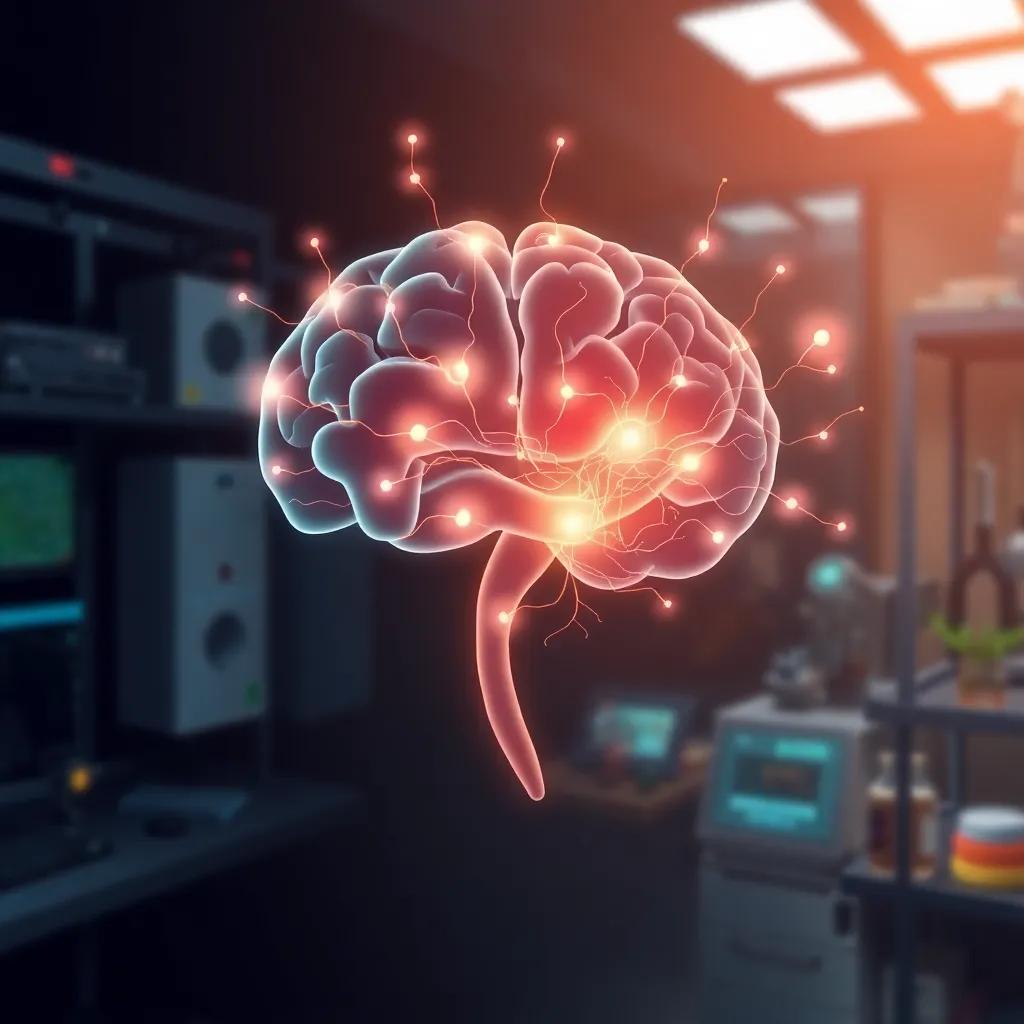Exploring the gut-brain axis, this article delves into how psychobiotics—probiotics and prebiotics—impact mental health, supported by research from NIH and ISNPR.
Discover how the gut-brain connection is revolutionizing our understanding of mental health through the science of psychobiotics.
Introduction to Psychobiotics
The concept of psychobiotics is a groundbreaking development in the field of mental health. These are live bacteria that, when ingested in adequate amounts, produce a health benefit in patients suffering from psychiatric illness. The term was first coined by researchers at University College Cork, Ireland, in a study published in the Biological Psychiatry
journal.
According to Dr. John Cryan, a leading neuroscientist, Psychobiotics are a novel class of probiotics that can influence the brain and behavior.
This statement was made during a press release for the International Society for Nutritional Psychiatry Research (ISNPR) conference in 2019.
Understanding the Gut-Brain Axis
The gut-brain axis refers to the biochemical signaling that takes place between the gastrointestinal tract and the central nervous system. This includes the vagus nerve, the immune system, and the enteric nervous system. Research from the National Institutes of Health (NIH) highlights that the gut microbiota can affect brain function and behavior through this axis.
A study published in the Journal of Psychiatric Research
in 2020 demonstrated that patients with depression had significantly different gut microbiota compositions compared to healthy controls. This suggests a potential link between gut health and mental health.
Mechanisms of Action
Psychobiotics work through several mechanisms. They can produce neurotransmitters like serotonin and gamma-aminobutyric acid (GABA), which are crucial for mood regulation. They also reduce inflammation, which is often linked to depression and anxiety.
Dr. Emeran Mayer, a gastroenterologist and author of The Mind-Gut Connection
, explains, The gut microbiota can influence the brain through the production of neuroactive compounds and by modulating the immune system.
This insight was shared in a blog post on his official website in 2021.
Practical Applications
Incorporating psychobiotics into daily life can be achieved through diet and supplements. Foods rich in probiotics include yogurt, kefir, sauerkraut, and kimchi. Prebiotic foods like garlic, onions, and bananas feed the beneficial bacteria in the gut.
Supplements containing specific strains of probiotics, such as Lactobacillus and Bifidobacterium, have shown promise in clinical trials. A 2021 study in the Nutritional Neuroscience
journal found that these strains improved symptoms of anxiety and depression in participants.
Conclusion
The science of psychobiotics is still in its early stages, but the potential benefits for mental health are immense. By understanding and harnessing the power of the gut-brain axis, we can open new avenues for treating psychiatric disorders and improving emotional well-being.




